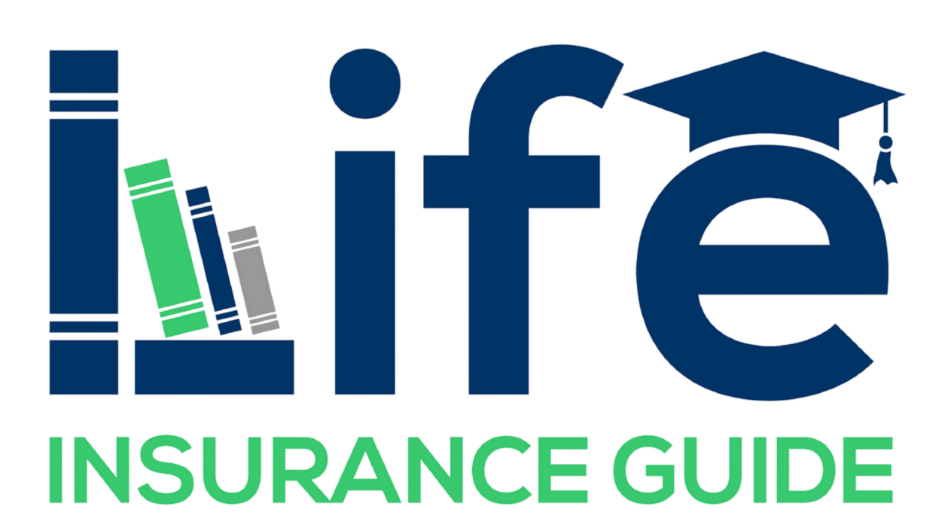Life insurance, TPD, trauma, and income protection are all important tools to protect your family’s financial security. Many Australians first encounter these types of cover through their superannuation fund. That’s a great starting point, but it’s not always enough – and the way your cover is structured can make a big difference to how it works at claim time.
This is where advice can add real value. Not all financial advisers specialise in life (or “risk”) insurance, but those who do can help you avoid pitfalls, make the most of your options, and ensure your cover is structured in a way that suits your needs.
Why advice matters for super-based cover
Holding insurance inside super can be convenient and cost-effective, but it has unique rules that aren’t always obvious. Advisers can help you:
- Understand definitions – for example, TPD inside super usually uses the stricter “any occupation” test, whereas policies outside super may allow “own occupation.”
- Avoid cover reducing over time – some employer funds use “unit-based” insurance, which decreases as you get older. An adviser can help you spot this and arrange alternatives if it doesn’t suit your needs.
- Check interactions – in some funds, income protection stops once a TPD benefit is paid. This can catch people out if they don’t realise the link between their policies.
- Balance tax impacts – a TPD payout inside super may be taxed, while outside-super cover is tax-free. An adviser can help you structure policies to account for this.
Structuring cover inside and outside super
An adviser can also help you decide what belongs inside super and what should sit outside:
- Inside super – this is where your insurance is bundled inside a superannuation fund. Often cost-effective, premiums can be funded from contributions, and group rates can be attractive. Good for basic life and TPD cover.
- Outside super – this is where your cover is standalone (not directly attached to a super fund). More flexibility with definitions (e.g. “own occupation” TPD, trauma cover not available in super), direct ownership for faster access at claim time, and different tax treatment.
Sometimes the best outcome is a mix of both. For example:
- Keeping default life and TPD in super for affordability.
- Adding trauma or own-occupation TPD outside super.
- Combining a short-term income protection policy in super with a longer-term retail policy outside.
You may sometimes see the term – ‘ordinary’ cover, this usually means it’s set up outside a super fund.
Advice through the claims process
One of the most stressful times for families is making a claim. Having an adviser can make this process smoother because they:
- Help prepare and lodge claim forms correctly.
- Liaise with insurers and trustees on your behalf.
- Explain what to expect, including the difference between insurer acceptance and trustee release of funds in super.
- Support you if there are delays or additional evidence required.
Advisers are not lawyers, but many work closely with claims advocacy services or know when to escalate matters if needed. Their involvement often means claims are resolved faster and with less stress.
What to look for in an adviser
Not all advisers work regularly with life insurance. Some focus mainly on investments or retirement planning. If you want guidance on risk insurance, look for someone who:
- Specialises in life, TPD, trauma and income protection
- Understands superannuation structures and insurance ownership options
- Can explain tax implications in plain English, and work with your accountant if needed
- Offers ongoing reviews, so your cover stays in step with your life changes
Final thoughts
Insurance inside super is a good foundation, but it’s rarely the full answer. The way your policies are structured – inside super, outside super, or a combination of both – can have real consequences for cost, tax, definitions, and claims.
A qualified adviser who specialises in risk insurance can help you navigate these complexities, so your cover does exactly what you expect it to. If you’re unsure whether your current setup is right, seeking advice is one of the simplest ways to gain peace of mind.




